Israel PM Says 'Intense' Phase Of Gaza War Winding Down
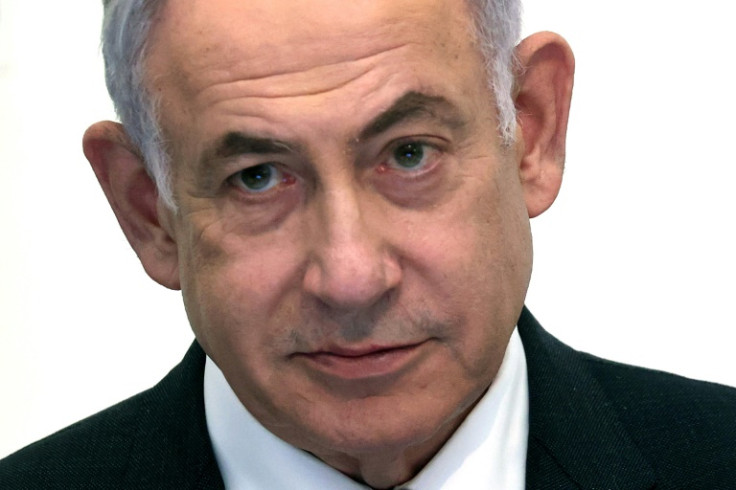
Israel's military bombed targets in Gaza on Monday and Hamas again demanded a permanent end to fighting, a day after Prime Minister Benjamin Netanyahu said the "intense phase" of Gaza's war is winding down.
The conduct of the war has led to growing tensions between Netanyahu and United States President Joe Biden, but on Monday Israel's defence minister was in Washington urging close cooperation.
In his first Israeli media interview since the October 7 attack by Hamas militants started the fighting, Netanyahu told Channel 14 that "the war in its intense phase is about to end in Rafah".
The far-southern city near Egypt is the last part of Gaza to face a ground invasion. But Netanyahu stressed in the Sunday interview this "doesn't mean that the war is about to end".
He again rejected the permanent ceasefire demanded by Hamas Palestinian militants during on-and-off talks involving the United States and other mediators.
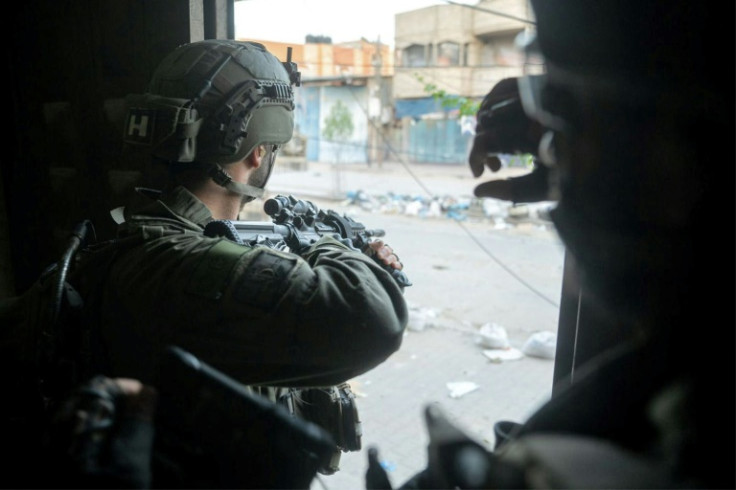
"The goal is to return the kidnapped and uproot the Hamas regime in Gaza," Netanyahu said.
Israel would then be able to "redeploy some forces to the north" on the border with Lebanon -- where exchanges of fire with the Hezbollah movement have escalated -- but he said this would be "primarily for defensive purposes".
In the latest fighting, Hezbollah on Monday said it targeted three Israeli military sites over the border. Israel's military said its warplanes hit militant infrastructure in the Baalbek area of eastern Lebanon.
Tens of thousands of Israelis have been displaced from their country's north, among them Edward Gil, 39, who fears a repeat of October 7.
"It happened in the south," he said. "Who's telling me that now it won't happen in the north?"
Hamas's attack on southern Israel resulted in the deaths of 1,195 people, mostly civilians, according to an AFP tally based on Israeli official figures.
The militants also seized hostages, 116 of whom remain in Gaza although the army says 42 are dead.
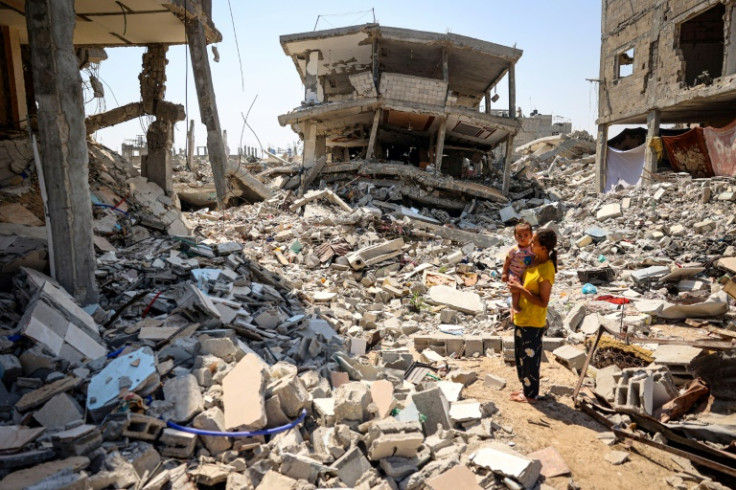
Israel's retaliatory offensive has killed at least 37,626 people, also mostly civilians, the health ministry in Hamas-ruled Gaza said.
The latest toll includes at least 28 deaths over the previous 24 hours, it said.
When asked about Gaza post-war scenarios, Netanyahu said Israel would maintain "military control in the foreseeable future" but also wants to create "a civilian administration, if possible with local Palestinians" and regional backing.
Hamas called Netanyahu's comments "clear confirmation of his rejection of the recent (UN) Security Council resolution and the proposal of US President Joe Biden" for a hostage release and truce agreement.
Along with its insistence on a permanent ceasefire, Hamas says any deal must include a full Israeli withdrawal to stop "Netanyahu's attempts to evade, deceive and perpetuate the aggression".
The Security Council on June 10 adopted a US-drafted resolution supporting a Gaza ceasefire plan.
Biden had billed the plan as an Israeli offer, although some right-wing Israeli politicians critical to Netanyahu's coalition government opposed it.
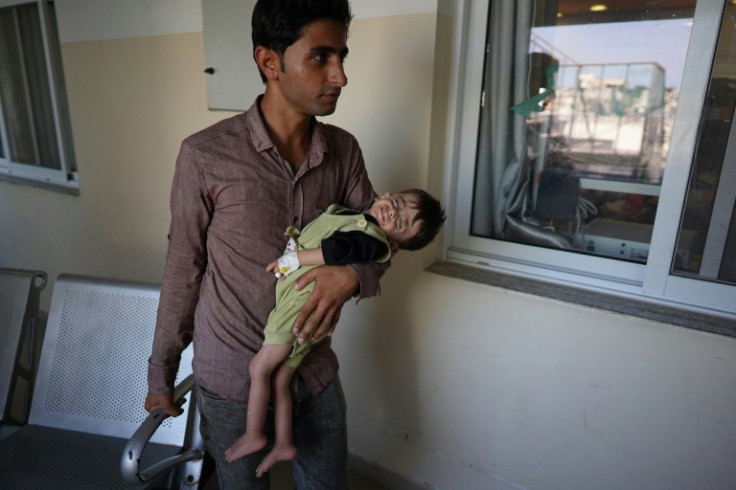
On Monday, though, Netanyahu told Parliament: "We are committed to the Israeli proposal that President Biden endorsed."
Netanyahu is also under pressure from protesters who regularly take to the streets -- by the tens of thousands on Saturday -- demanding new elections and a deal to free the hostages.
After his TV interview, the Hostages and Missing Families Forum campaign group said ending the war without bringing all the captives home would be a "national failure".
In Washington, Gallant met with CIA chief Bill Burns, the key US pointman in negotiations to free the captives. The Israeli minister emphasised "Israel's primary commitment to return the hostages, with no exception".
Israeli forces kept up their bombing of targets in central Gaza and Rafah, witnesses said, while gun battles were reported in the Gaza City area.
On Monday relatives and medics mourned Hani al-Jafarwari, the health ministry's emergency department and ambulance director, placing an EMS vest over his shrouded corpse.
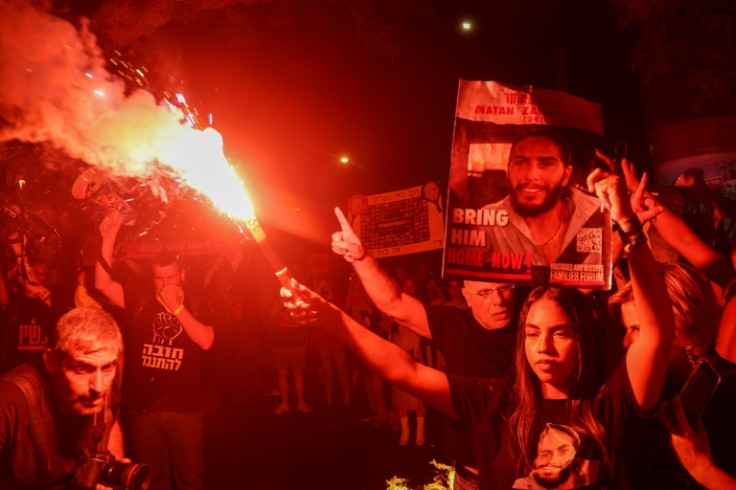
Gaza's Civil Defence agency said he was one of two health care workers killed when Israeli warplanes struck Al-Daraj clinic in Gaza City.
To the south, Rafah city centre lies deserted after most residents fled the fighting.
"There is no more water or food. We are totally trapped," said Haitham Abu Taha, among the very few Palestinians who have returned.
Israel's army chief, Lieutenant General Herzi Halevi, told troops in Rafah that they are "clearly approaching the point where we can say we have dismantled the Rafah Brigade (of Hamas)."
Netanyahu vowed in his interview that "we will win", but United States officials have raised doubts over Israel's goal of completely destroying Hamas.
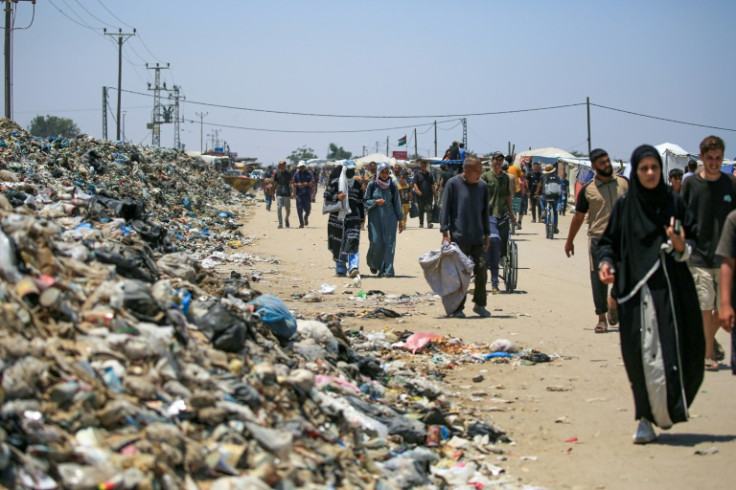
Netanyahu has accused Washington of slowing or freezing some arms and ammunition deliveries in recent months -- a claim which US officials have strongly rejected.
In Washington, Gallant took a different tack from the prime minister, saying the Israeli-US alliance, "led by the US over many years, is extremely important".
The war has destroyed much of Gaza's infrastructure and left residents struggling to survive.
Philippe Lazzarini, chief of the United Nations agency for Palestinian refugees, UNRWA, said "the breakdown of civil order" in Gaza has led to "rampant looting and smuggling" that impede aid deliveries to a territory confronted with "catastrophic levels of hunger".
© Copyright AFP 2024. All rights reserved.






